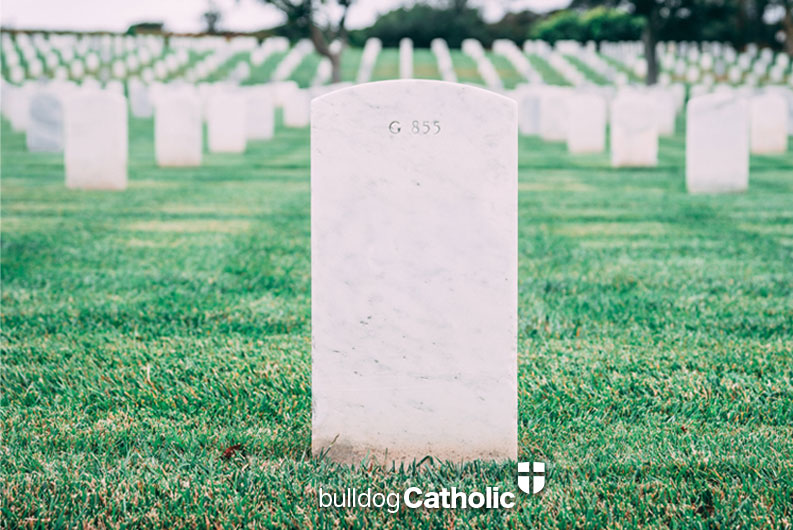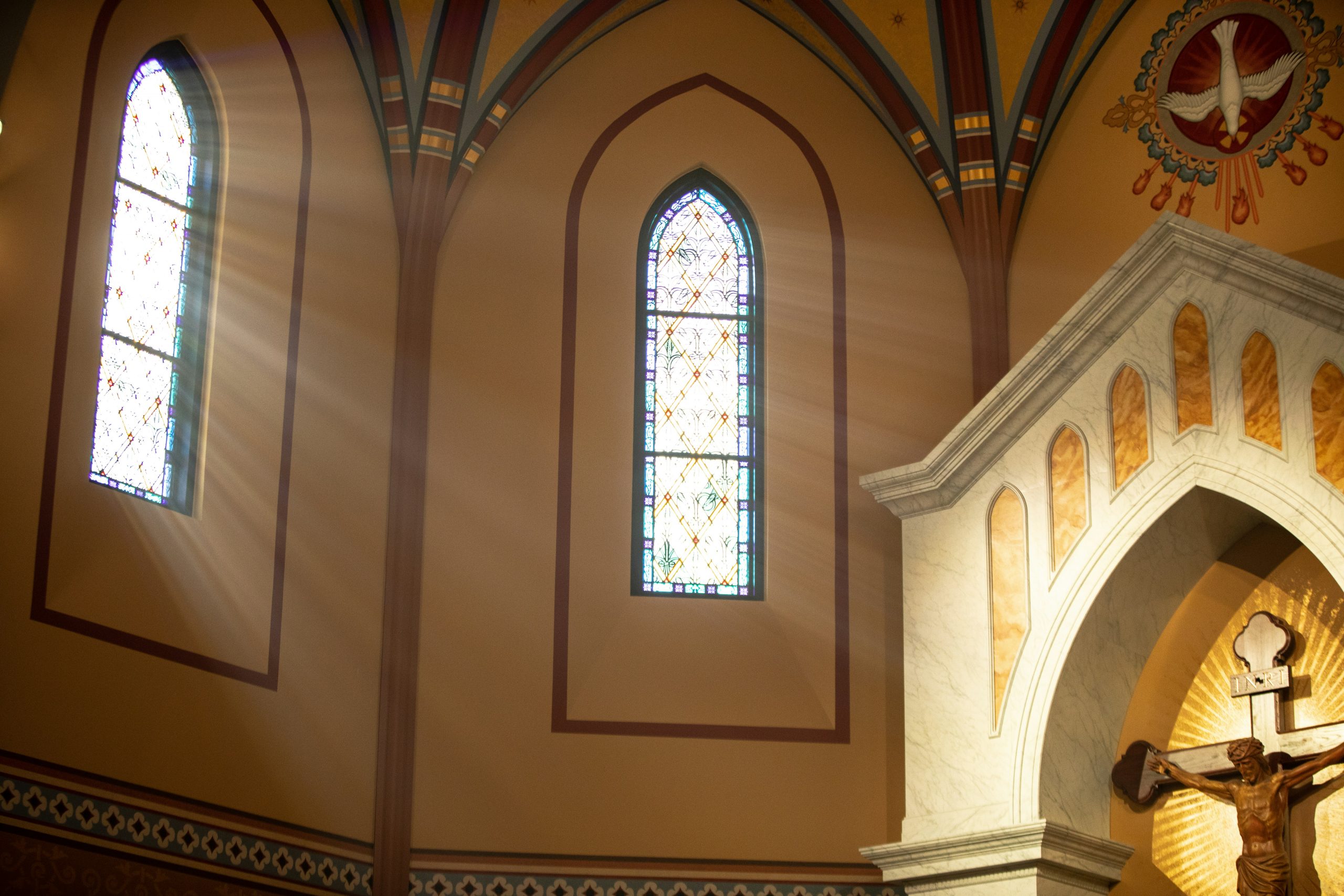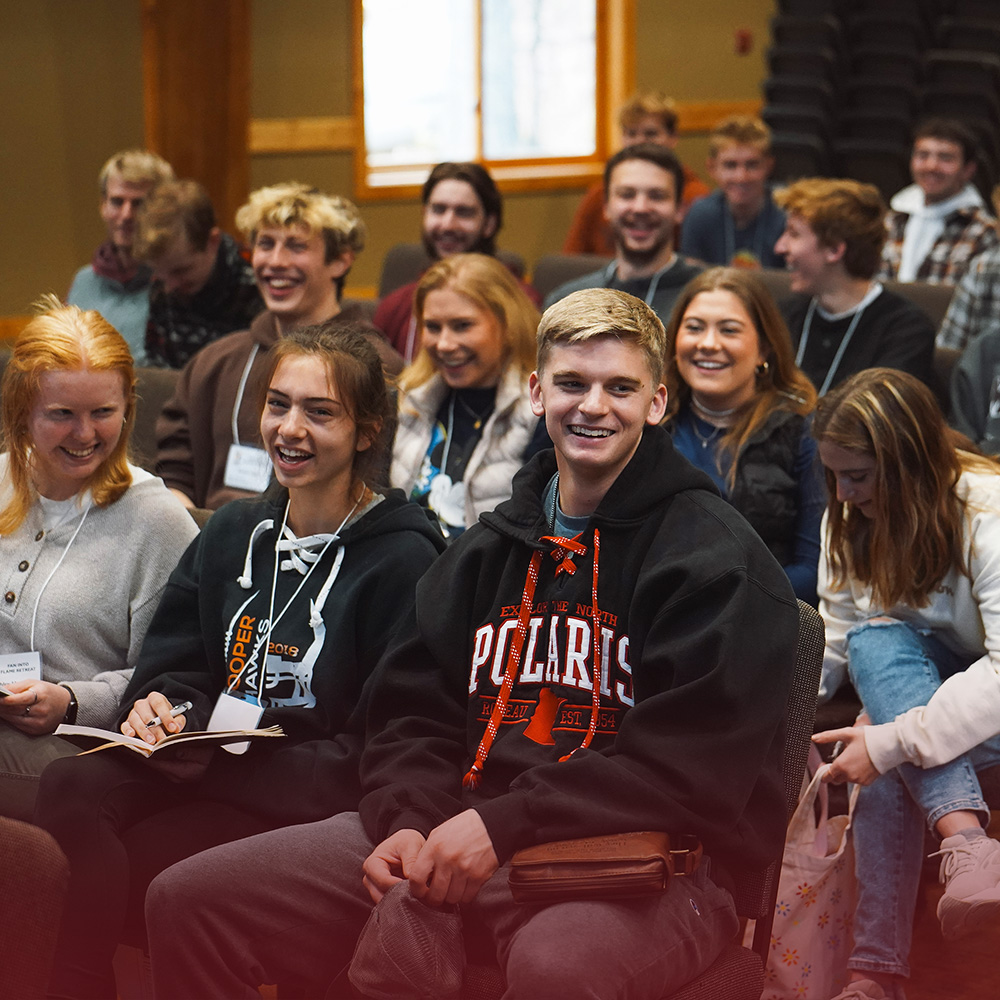
Cremation
Q: I heard that Catholics aren’t allowed to be cremated, but I kind of think that I would like to be cremated rather than just buried when I die. Can I be a faithful Catholic and be cremated?
A: Really interesting question. Your question reflects the thoughts of many Catholics I run into these days. So what’s the story? The Church used to forbid people from begin cremated. Currently, the Church permits cremation. Now, the question could come up: Isn’t this just an example of the Church changing a teaching?
Nope. The Church hasn’t changed any of Her teachings (the Church is often referred to as “She”…you know, She is the “Bride of Christ” and all). But the Church has changed this particular discipline. We can loosely define “discipline” as the way the Church’s teachings are applied to a particular time, circumstance, or culture. Here’s what happened.
The Church has always recognized that the human person is made up of body and soul. BOTH the body and the soul are GOOD (this is the dogma part). There have been many people in many different cultures who have thought that the SOUL was good, but that the BODY was bad. Or they might have been denying the resurrection of the body on the last day. Not to simplify the issue too much, but the idea was that the way to “free” their soul (the “good” part of the person), was to destroy the body. The result? Cremation.
Now, when the Church came into contact with these cultures, She had to teach that Christians live and believe differently. Christians believe that the body is good. The body is to be reverenced. The body is the Temple of the Holy Spirit and will be raised by Christ (as St. Paul says). So the Church taught that Christians were forbidden to burn or destroy the dead bodies of their loved ones because the Church needed to clearly state that Christians believe the body and soul will be raised. When other people burned the bodies of the dead, they thought that they were setting those people free. The Church needed to say “no” to this belief.
We are obliged to respect the dignity of the body, even after it is decomposed or cremated.
Now, in today’s culture, it is rare that a person would choose cremation in order to deny the goodness of the body or the truth regarding the resurrection of the body. Typically, a person chooses cremation because it is cheaper than a full casket burial, or because they are concerned about their dead body taking up too much space, or because they have some irrational fear of being buried alive (irrational for two reasons: a body is almost always embalmed…the corpse is filled with embalming fluid…not really going to wake up after that one. And secondly, ummm…is being BURNED alive and ground into powder a more pleasant thought than being BURIED alive?)
Anyway, most people are not choosing cremation as a statement against the goodness of the body or because they think that cremation is going to free their soul. Because of this, the Church sees little to no reason to prohibit the respectful cremation of a dead person’s body AND THE PROPER INTERMENT OF THE CREMAINS. This last part is really important. We are obliged to respect the dignity of the body, even after it is decomposed or cremated. This means we may not scatter the ashes, divide them up among the kids and grandkids, or keep our loved one in a vase on the fireplace mantle. They must be respectfully and reverently buried or placed in some kind of above-ground crypt.




